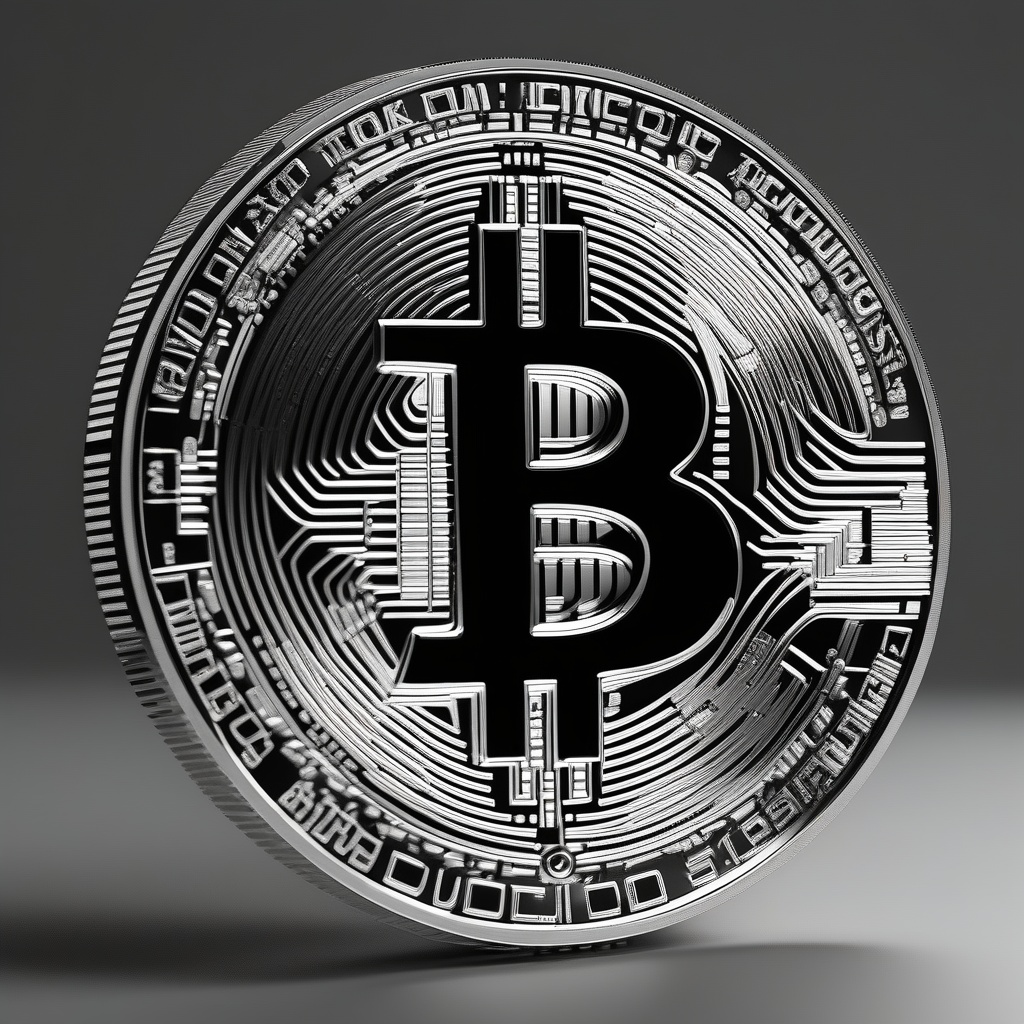Are anonymous cryptocurrency exchanges legal?
The question on many minds these days is: are anonymous cryptocurrency exchanges legal? The answer to this query is not as straightforward as a simple 'yes' or 'no'. The legality of anonymous crypto exchanges varies depending on the jurisdiction you're operating in. Some countries have strict regulations governing the use of cryptocurrencies and their exchanges, while others have more lenient or nonexistent frameworks. This ambiguity creates a gray area where anonymous exchanges can operate, often with little oversight. However, this doesn't mean they're inherently legal. It's crucial to understand the laws in your area and ensure you're operating within the confines of the law. Additionally, anonymous exchanges may pose risks such as fraud, lack of consumer protection, and difficulty in dispute resolution. Therefore, it's vital to conduct thorough research and due diligence before engaging with such platforms.

What are the best anonymous crypto wallets?
I'm exploring options for anonymous cryptocurrency wallets. Could you recommend some of the best ones available? I'm looking for wallets that prioritize privacy and anonymity, while still being user-friendly and secure. I've heard of some wallets like Monero's official wallet, Wasabi Wallet for Bitcoin, and Samourai Wallet for Android. However, I'd like to hear your opinion on these and any other wallets you consider top-tier for anonymity. Additionally, I'm curious about any specific features or advantages these wallets offer that make them stand out in the field of privacy-focused crypto wallets.

Is cryptocurrency anonymous?
The question of whether cryptocurrency is truly anonymous has long been a topic of debate in the digital finance world. On the surface, the decentralized and encrypted nature of cryptocurrencies like Bitcoin seems to suggest a high level of anonymity. However, with the advent of blockchain analysis techniques and increasing regulatory scrutiny, the anonymity of cryptocurrency transactions has come under scrutiny. So, is cryptocurrency truly anonymous? Or are there inherent vulnerabilities that can expose users' identities and transactions? Join us as we delve deeper into this complex yet fascinating topic, and explore the various facets of cryptocurrency anonymity.

What are the best anonymous bitcoin wallets?
Inquiring minds want to know: What are the most reliable and secure anonymous Bitcoin wallets currently available? With the growing concern for privacy and anonymity in the cryptocurrency world, it's crucial to understand which wallets offer the highest levels of protection while maintaining user anonymity. Could you elaborate on the key features and benefits of the top-rated anonymous Bitcoin wallets, such as their ease of use, security protocols, and any potential drawbacks? Additionally, how do these wallets compare to traditional non-anonymous wallets, and what factors should users consider before making a choice?

How to set up anonymous bitcoin wallet?
Could you please elaborate on the steps involved in setting up an anonymous Bitcoin wallet? I'm interested in maintaining my privacy while engaging in cryptocurrency transactions. Could you guide me through the process, starting with selecting a suitable wallet service that prioritizes anonymity? Additionally, I'd like to know if there are any additional measures I should take to further enhance the privacy of my transactions, such as using a VPN or mixing services. Thank you for your assistance in this matter.

